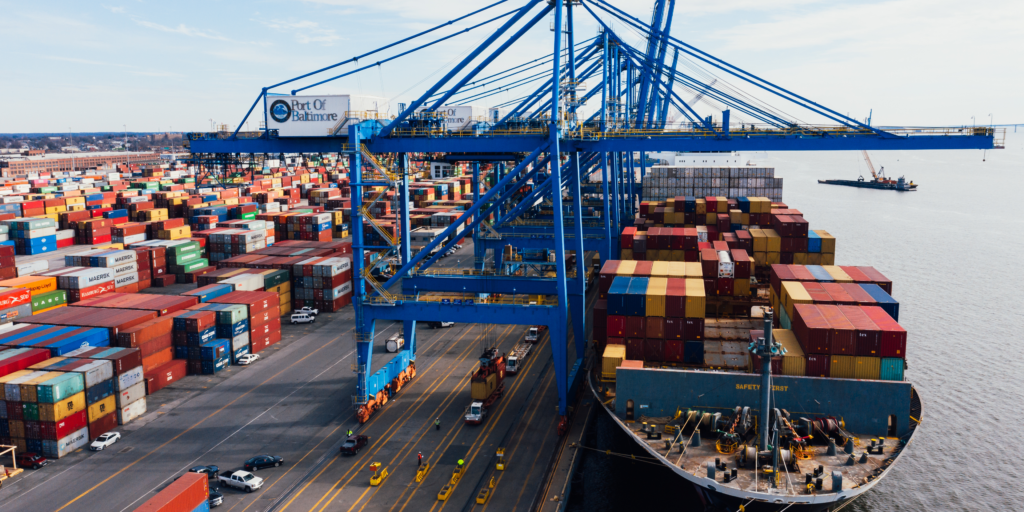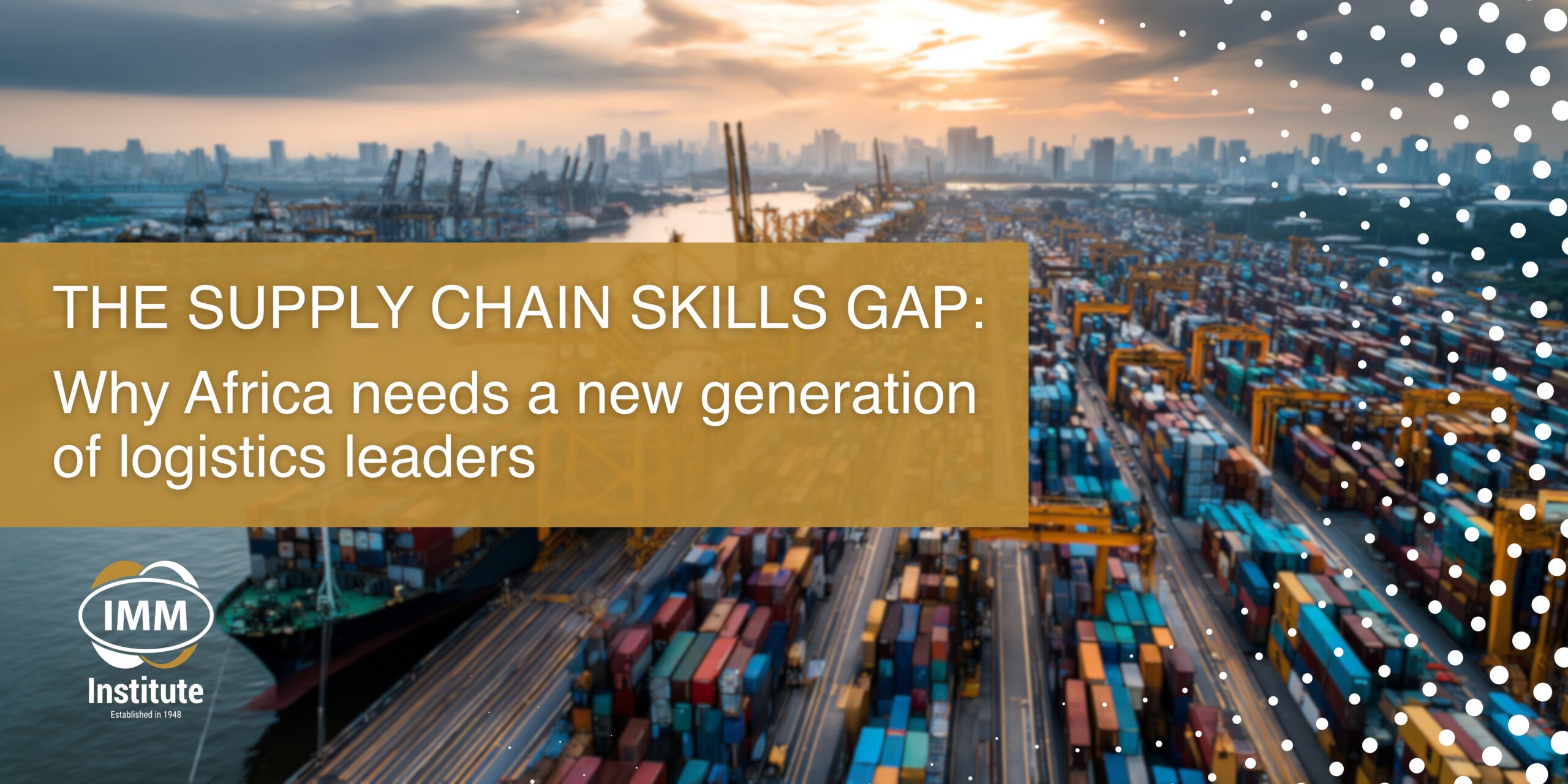Supply chains have been affected by disruptions and conflicts that occur on a global level, like the ongoing Russia-Ukraine tensions and Israel-Palestine conflict. These tensions have led to food shortages, high energy prices and nearly all sectors are affected with respect to its trade balance at a global level. Continue reading this blog to understand how these disruptions affect supply chains and how supply chain professionals can work towards combatting this.

Global Conflicts’ Repercussions on Supply Chains
There have been serious implications to supply chains due to the tensions between Russia and Ukraine. Exporting of grain is a key role played by Ukraine; at the same time Russia supplies energy resources. This conflict has affected these supplies resulting to deficit and high costs of commodities all over the world. For example, the blocked seaports have limited export of grains which in turn has affected food security in certain regions. Furthermore, oil and gas prices have been fluctuating due to sanctions imposed on Russia’s energy sources by many countries in support of Ukraine, and this has impacted transportation and production expenses.

Another conflict with repercussions for supply chains is the enduring tension between Palestine and Israel. The instability in this region has disrupted transport routes and has raised security concerns, impeding the flow of goods. This instability not only disrupts supply chains but also has wider implications for global trade since the Middle East serves as a vital hub for oil and gas distribution.
Managing Supply Chain Disruptions
Supply chain experts play a vital role in minimising the impact of these disruptions as their role is to create strategies that aim to build and maintain resilience and ensuring continuity. This involves diversifying sources of supplies, leveraging technology for enhanced visibility and tracking and developing contingency plans for disruptions.
The IMM Institute, a marketing and supply chain institute based in Southern Africa, acknowledges the significance of empowering supply chain professionals with the expertise and skills required to navigate these challenges. Their short courses and materials offer perspectives on trends and best practices in supply chain management.

Broadening Knowledge through Short Courses
For individuals seeking an understanding of supply chain disruptions and logistics hurdles, the IMM Institute provides a short course on Transport and Logistics.
This course addresses subjects, such as supply chain planning, managing logistics, and how global events impact supply chains. By enrolling in this course, those looking to get into and professionals already in the supply chain industry can acquire the information, tools and skills needed to tackle disruptions and keep their organisations competitive during unsure times.

In conclusion: Navigating a Turbulent World
By staying proactive and well-informed, supply chain professionals can overcome disruptions and swiftly regain the flow of the necessary goods and services across any supply chain. The IMM Institute offers short courses to support professionals in this field, which is why we encourage all supply chain professionals to invest in education and continuous learning to adapt to the uncertainties of the modern world.
















